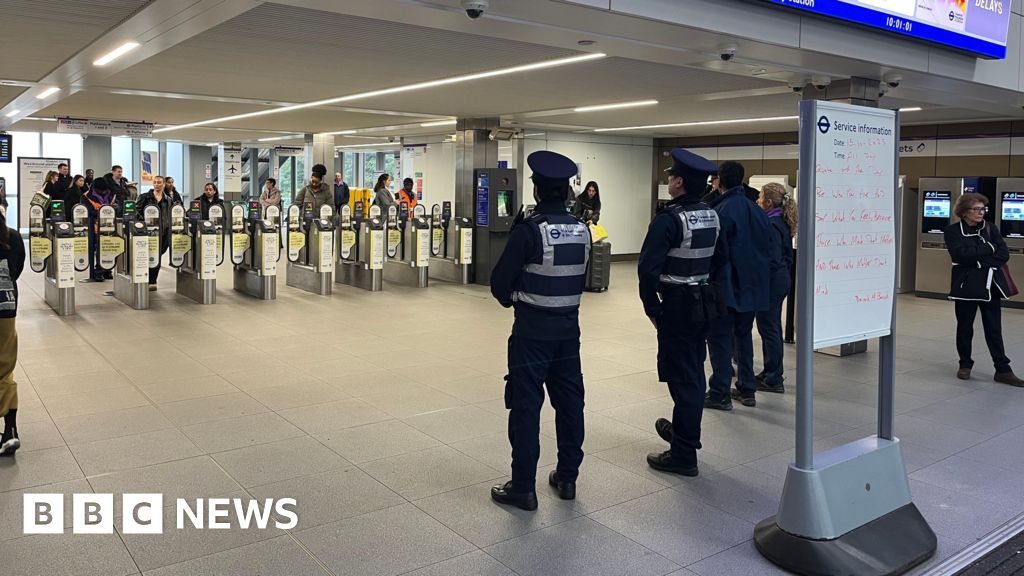
"The passenger is not happy and starts arguing with the officers. We are in the concourse of Ealing Broadway Elizabeth line station which is a fare evasion hotspot. The Transport for London (TfL) enforcement team has asked him to produce his ticket after the barriers flashed he was travelling on a child fare. He certainly doesn't look like a child. The argument gets more and more heated with the passenger insisting the barrier machine has taken his ticket and that's why he can't produce it."
"Rather comically he turns out his pockets. He is trying to charm his way out of the situation. The laughs slowly stop as it becomes clear he is in trouble. Suddenly, he bolts straight out of the station. The officers shout at him and try to shepherd him away from the exit but there doesn't seem to be much they can do. They aren't allowed to restrain him or arrest him. They have a hands-off policy and their safety comes first."
"It is a huge problem for TfL, costing it 190m a year. Fare evasion has increased since the opening of the Elizabeth line as more passengers use the TfL network, and many stations on the line don't have staffed barriers. The loss equates to 3.5% of all fare income. TfL wants to get that down to 1.5% by 2030 although it admits this will be a significant challenge."
A passenger at Ealing Broadway Elizabeth line station refuses to produce a ticket after barriers flashed a child fare, then bolts when challenged. TfL enforcement officers encounter tactics including hurdling barriers, crawling under them, and "double gating" where evaders follow others through. Officers are not permitted to restrain or arrest evaders and follow a hands-off policy prioritising safety. Fare evasion costs TfL 190m a year, about 3.5% of fare income, and increased after the Elizabeth line opened because many stations lack staffed barriers. TfL aims to reduce evasion to 1.5% by 2030 but expects significant challenges.
Read at www.bbc.com
Unable to calculate read time
Collection
[
|
...
]